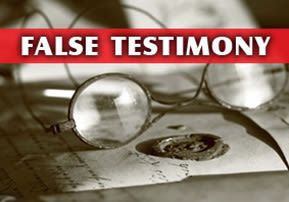
False Testimony
Reb Yisroel was shocked! He had never divorced his wife-how could she remarry? Read a fascinating story of how the Belzer Rebbe unraveled the fraud.

Do not distort justice. . . (Deuteronomy 16:19)
Once, there were three men, Reb Ezriel, Reb Anshel, and Reb Eliezer, that were partners in a business. Reb Ezriel bought feathers and hides from Russia and Reb Anshel bought similar merchandise from Galicia. The third partner, Reb Eliezer, who was the son of the Belzer Rebbe, Reb Sholom, arranged financing for their ventures and kept the books, auditing all the expenses and income of their various transactions.
For some time, all was well. Then, for some unknown reason, Reb Ezriel and Reb Anshel asked Reb Eliezer if they could see the books.
"We would like to know where we stand," they said. But Reb Eliezer refused to show them the ledgers, so the two decided to go to his father, the Belzer Rebbe with their complaint and to see if he could adjudicate the matter.
"I cannot be a judge in this matter," the Rebbe told the men. "I am the father of the accused and I am therefore invalid to judge."
"Even so," the two partners assured him, "we trust your decision even though you have an interest in the matter."
"Very well," said the Rebbe. "But it is late, just before Minchah and there is no time to hear all the details. For now, let me quickly tell you a story that relates to this situation.
The Rebbe began, "There were once two brothers, one rich and one poor. The rich brother had a daughter who was of marriageable age, and the poor brother had a son who was a fine Talmud Chochom of the same age. It seemed natural, therefore, that when the rich brother had rejected the many offers of marriage for his daughter, the shadchun (marriage broker) urged him to take his nephew, (the poor brother's son) as a son-in-law. The rich brother agreed and the two were married.
The young man, Yisroel, soon found life under his father-in-law's roof very uncomfortable. Neither his wife nor father-in-law appreciated his occupation with Torah study and would have preferred that he involve himself in business. The situation became tense, so Yisroel decided to leave and become a melamed (teacher), for the sake of peace for all involved.
Yisroel traveled far, to an isolated village and there became the melamed for the children of a chassid of the Baal Shem Tov. In time, the chassid took a trip to visit his Rebbe.
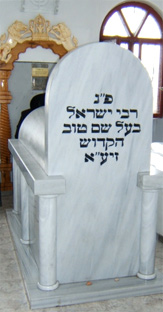 Just as he was about to depart with a group of other chassidim, Yisrael asked: "Can you kindly mention me to your Rebbe. I have a difficult personal matter that is a great burden. Perhaps the Baal Shem Tov will have some advice for me."
Just as he was about to depart with a group of other chassidim, Yisrael asked: "Can you kindly mention me to your Rebbe. I have a difficult personal matter that is a great burden. Perhaps the Baal Shem Tov will have some advice for me." Yisroel's employer did indeed mention his name to the Baal Shem, and returned home with an urgent message. "As soon as we mentioned your name to the Rebbe, he became quite upset. He told us to advise you to immediately return to your home. The Rebbe's words were, 'Reb Yisroel's return involves a serious matter regarding his wife.' We didn't even know you were married?"
"It is a painful story so I did not share it with you," he answered.
Yisroel was skeptical. He questioned the Chassidim, "How would the Rebbe know of me? How does he even know I'm married?" "Never mind," they insisted. "If the Baal Shem Tov was so adamant about your returning home, you must do as he says. He told us that he looked at the root of your soul and found a danger present. You must not delay. You should leave immediately."
"How can I go home?" Reb Yisroel answered. "My belongings are here and besides, I don't have any money for the journey."
The chassidim wouldn't take 'no' for an answer. They all quickly contributed funds to hire a wagon and driver to take Yisroel home and helped Reb Yisroel gather his few belongings and load the wagon.
"What am I doing?" he thought to himself as the wagon bumped along the dirt road. "I wonder if the Chassidim were just trying to get rid of me. I wonder if they even mentioned my named to the Baal Shem Tov. How could he know about me?" Such thoughts filled his mind as he traveled. He had thoughts of stopping the wagon and turning around, but the urgent words of the Baal Shem Tov disturbed him greatly. Finally he arrived at his hometown. As the wagon came to a stop in front of his house, he hesitated. He finally summoned the courage to knock on the door. A strange man answered the door. "What did you want?" the man asked.
"Is Reb Yisroel's wife at home?"
"She is no longer Reb Yisroel's wife, and she doesn't live here. In fact, she is planning to get married in two days."
Reb Yisroel was shocked. He had never divorced his wife. How could she get married again? He now understood the urgency of the Baal Shem Tov's words. The first thing he must do was to prevent his wife from marrying another man. But how? Reb Yisroel went to the Beis Medrash and sat down to think. As he sat, he overheard several of the local beggars talking about the impending wedding. "I can't wait for the feast. It will no doubt be lavish because the bride's father is certainly rich." Yisroel then knew what he had to do. He went immediately to the town Rabbi's home. He related his story, insisting that he had never sent his wife a divorce.
The town Rabbi did indeed remember and believe Yisroel. "Please stay here while I go to your father-in- law and discuss this matter."
Reb Yisroel's father-in-law had been deceived by an unscrupulous, traveling darshan (speaker). The darshan had come to town and realized the rich man's great despair because his daughter had been deserted by her husband. So he approached the girl's father and said, "In my travels, I've met your son- in-law and we became friends. I'm quite sure that I can get him to divorce your daughter. Just give me power of attorney to act on your behalf and I will take care of everything."
"That would be wonderful! And you can be sure that I will pay you well for your kindness," the rich man told the darshan.
The darshan quickly traveled to another small town some distance away, where he was not known. There he found three men of questionable character and honesty who were willing go along with his ruse for a profit. The darshan then went to a Bais Din (Jewish court), claiming that he had recognized a man at the local inn who was sought for abandoning his wife. "His name is Yisroel and he refuses to give his wife a divorce. Her father has asked me to force him to give a divorce at any cost."
The Bais Din was convinced by the darshan's story. They had the man in the inn (one of the three conspirators) apprehended and brought before them. After some "coaxing", the man admitted that he was the husband that had deserted his wife. Then, the two false witnesses (the other two conspirators) were brought to testify that they also knew the man to be the alleged Yisroel, the runaway husband of the rich man's daughter. The Bais Din managed to extract a divorce, which they gave to the darshan, having the power of attorney of the rich man.
The darshan returned to the rich man with the prized bill of divorce.
"How can I repay you for all your efforts?" the rich man asked.
"I do not want any money," said the darshan. "I was just doing a kindness. However, I would appreciate the opportunity to introduce an eligible young man to your daughter. That is all I ask."
The eligible young man just happened to be the darshan's son, and he made a favorable impression on the family. The wedding date was set and plans were made.
Once the real Yisroel spoke to the town Rabbi, the Rabbi accompanied by the local police, marched to the rich man's home. The Rabbi explained Yisroel's story and accused the darshan and his son of fraud. The police promptly took the two scoundrels to jail. The rich man realized that he had been deceived but was very happy that the plot has been foiled in time. Yisroel found that his wife had meanwhile deeply regretted her unloving behavior towards her husband, and she begged Yisroel to remain as her husband. "And," concluded the Belzer Rebbe, "they did live happily thereafter. Do you know why I told you this story?" he asked the two men before him. "You, Reb Anshel, and you, Reb Ezriel, were the two brothers and my son Eliezer was Reb Yisroel in a former life. You two owe him a great deal for the shame and discomfort he suffered. I suggest that you increase his share of the earnings and I am sure he will show you the books."
And so it was.
***
Tzvi Meir Cohn attended Yeshiva Hadar Hatorah in Crown Heights, Brooklyn after completing his university studies in Engineering and Law. While studying at the Yeshiva, he discovered a deep connection to the stories and teachings of the Baal Shem Tov. His many books about the Baal Shem Tov can be found on Amazon. He can be contacted at howard@cohnpatents.com.



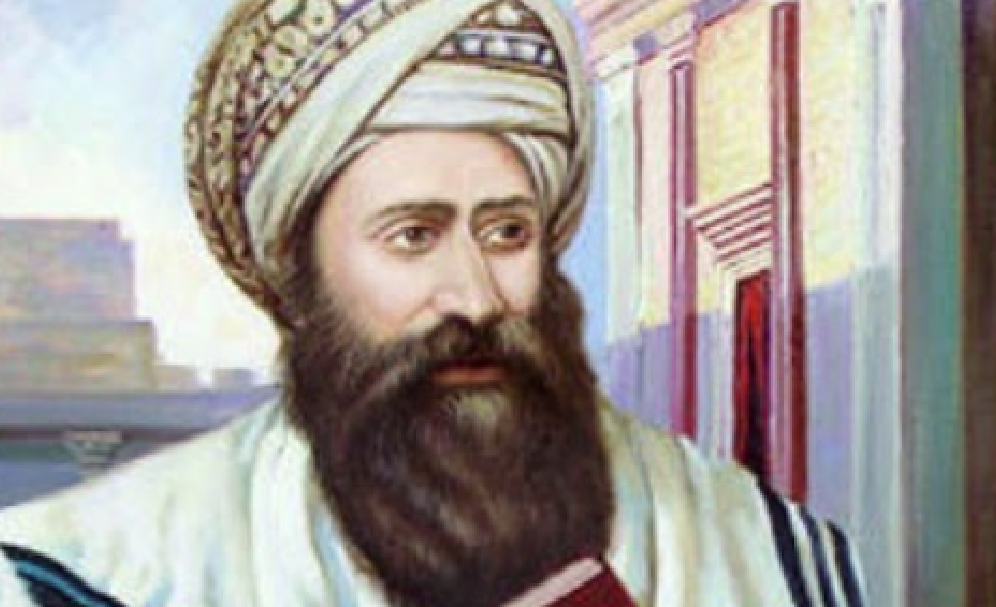
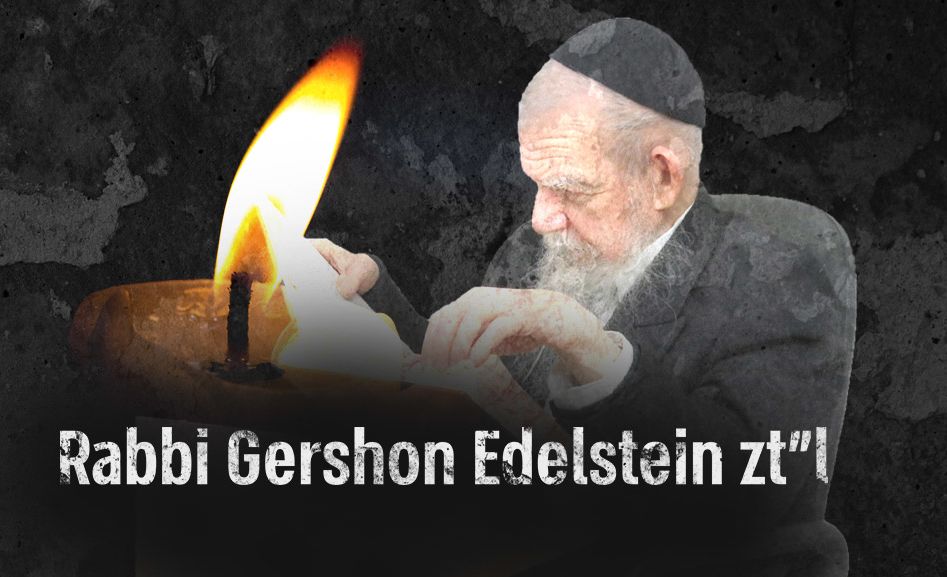
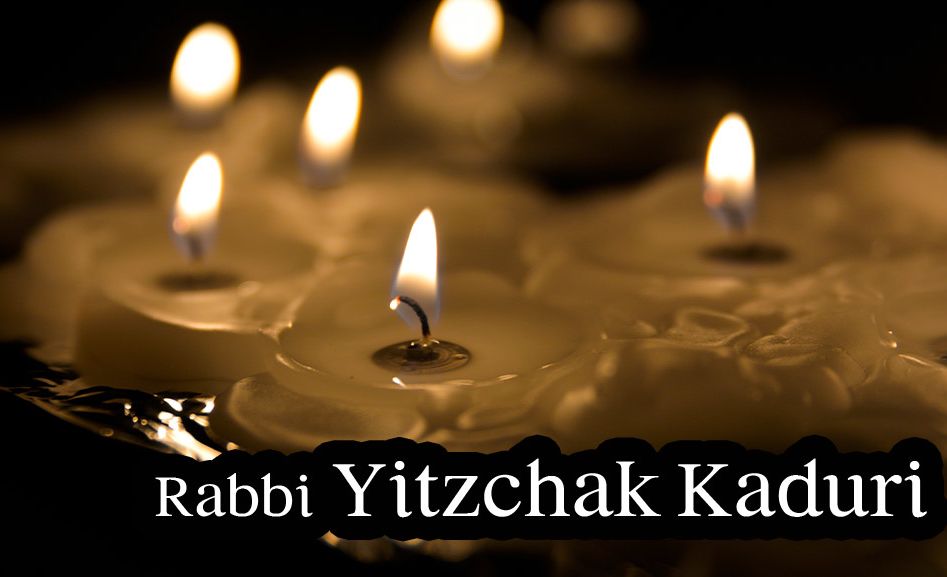

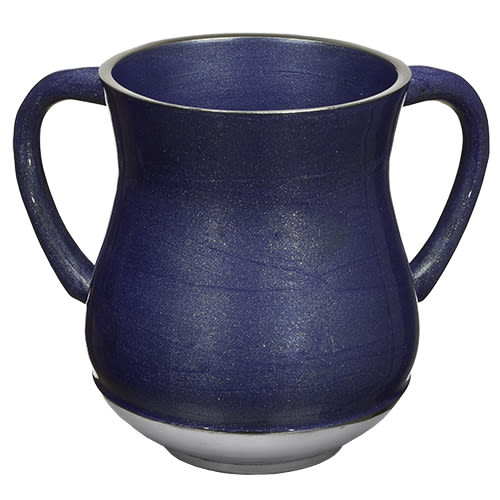
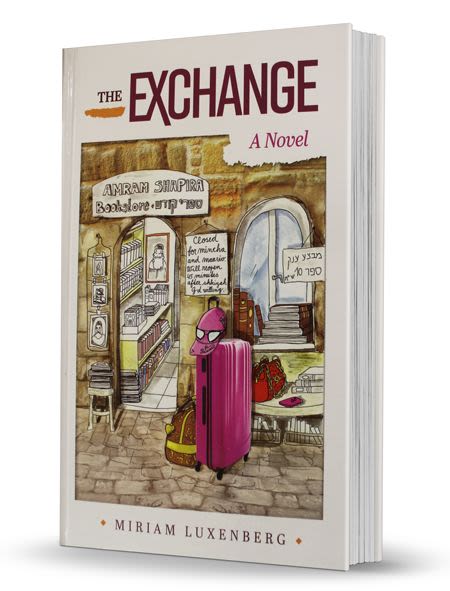
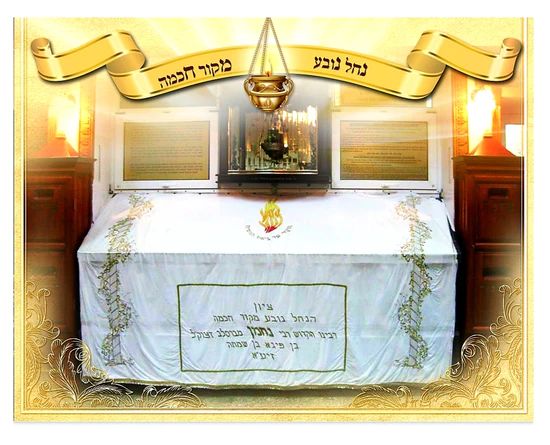
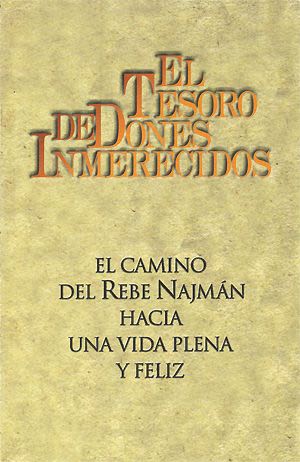
Tell us what you think!
Thank you for your comment!
It will be published after approval by the Editor.